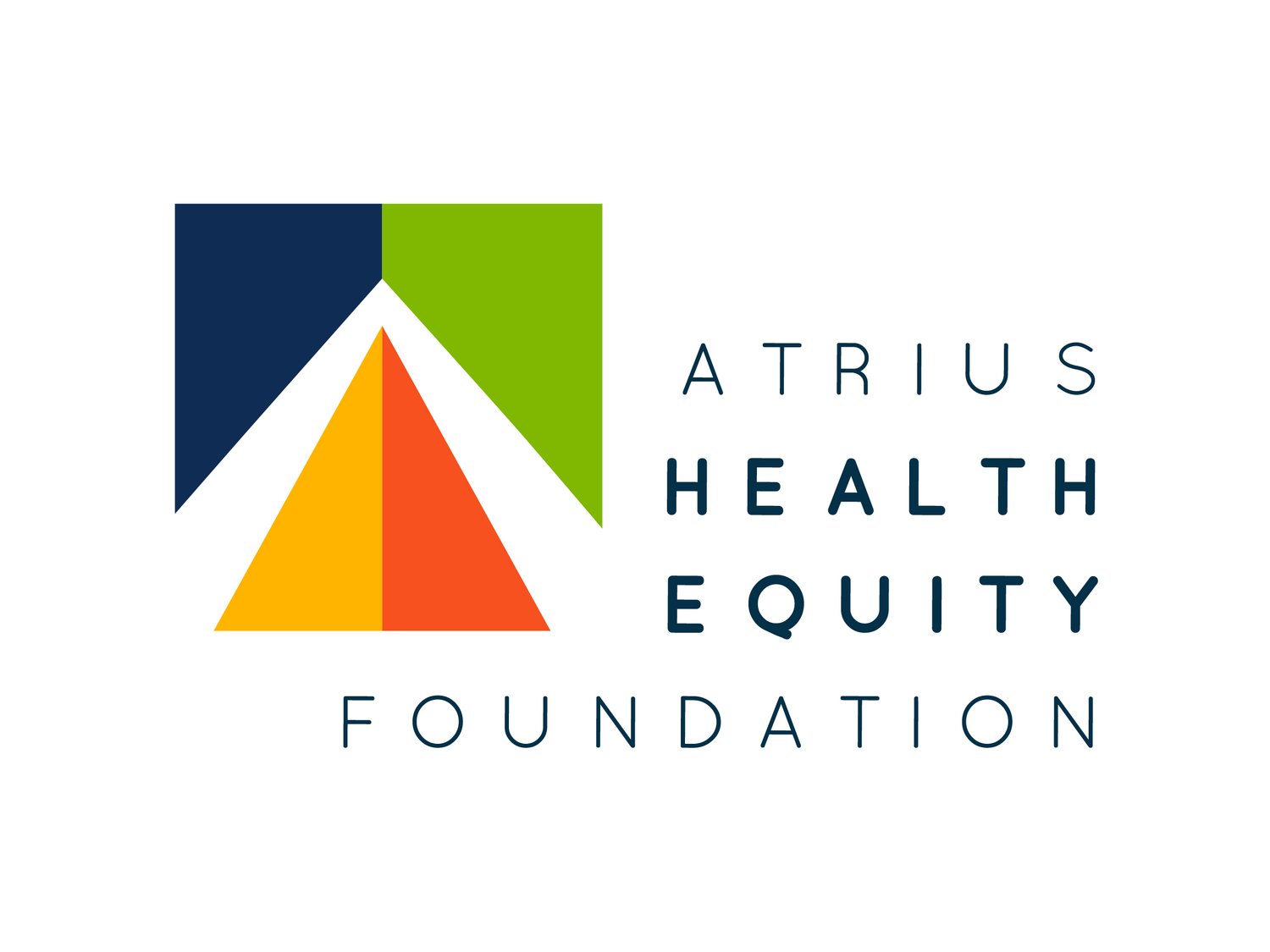Community Science is proud to be partnering with the Atrius Health Equity Foundation in its mission to close the life expectancy gap across Eastern Massachusetts. Through the Youth as Health Care Change Agents initiative, the Foundation is investing in youth as powerful leaders of community health transformation — supporting them with educational opportunities, financial resources, and pathways to health-related careers. Our role is to lead a participatory evaluation that supports the role of youth as change agents in their communities, strengthen grantee partners’ capacity, and document the impact of this innovative effort. Through this partnership, we aim to illuminate how equitable, youth-driven strategies can create long-term health and systems change.
Situation:
The Atrius Health Equity Foundation (AHEF) emerged from a deep recognition that systemic racism has led to vast disparities in life expectancy across Eastern Massachusetts. In response, AHEF launched the “Youth as Health Care Change Agents” program to empower youth aged 12–24 to improve health outcomes in their communities. This multi-site initiative spans eight communities and focuses on fostering youth leadership in healthcare, supporting family wellness, and driving systems change. Through significant, multi-year investments, AHEF aims to transform community health by positioning youth as beneficiaries as well as agents of change.
Task:
Community Science was selected to design and lead a comprehensive evaluation of the Youth as Health Care Change Agents initiative. Our task is to document and assess how youth-driven interventions impact health outcomes, economic mobility, and educational advancement while fostering community voice and long-term systems change. The evaluation must also speak to diverse stakeholders, including policymakers, funders, youth, and community members, while avoiding extractive research practices.
Action:
To meet this charge, we are developing a culturally responsive, participatory evaluation that centers youth and community knowledge. In year one, we are co-designing the evaluation framework with AHEF leadership and staff, along with grantees and youth participants, refining the program’s theory of change, and identifying relevant outcomes across different types of grantees (Champion and Catalyst). Our data collection methods will include both traditional (e.g., surveys, interviews, focus groups) and creative formats (e.g., photography, TikTok videos, digital storytelling) to make participation accessible and meaningful for youth. We are strengthening grantee partners’ capacity to lead aspects of the evaluation, particularly by working with youth so they have the opportunity to develop evaluation skills. We are also tailoring communication strategies to ensure findings resonate with various audiences — from board members to community residents to government leaders.
Results (Expected):
By 2030, this evaluation will yield a multi-layered understanding of how youth-led health interventions shift the life expectancy trajectory in historically marginalized communities. We expect to show not only improvements in individual health and youth development outcomes, but also broader systems-level changes, such as increased health career pipeline participation, enhanced community engagement, and strengthened cross-sector collaboration. Ultimately, we intend for this evaluation to inform policy, funding, and programmatic strategies that advance health equity across the region.

